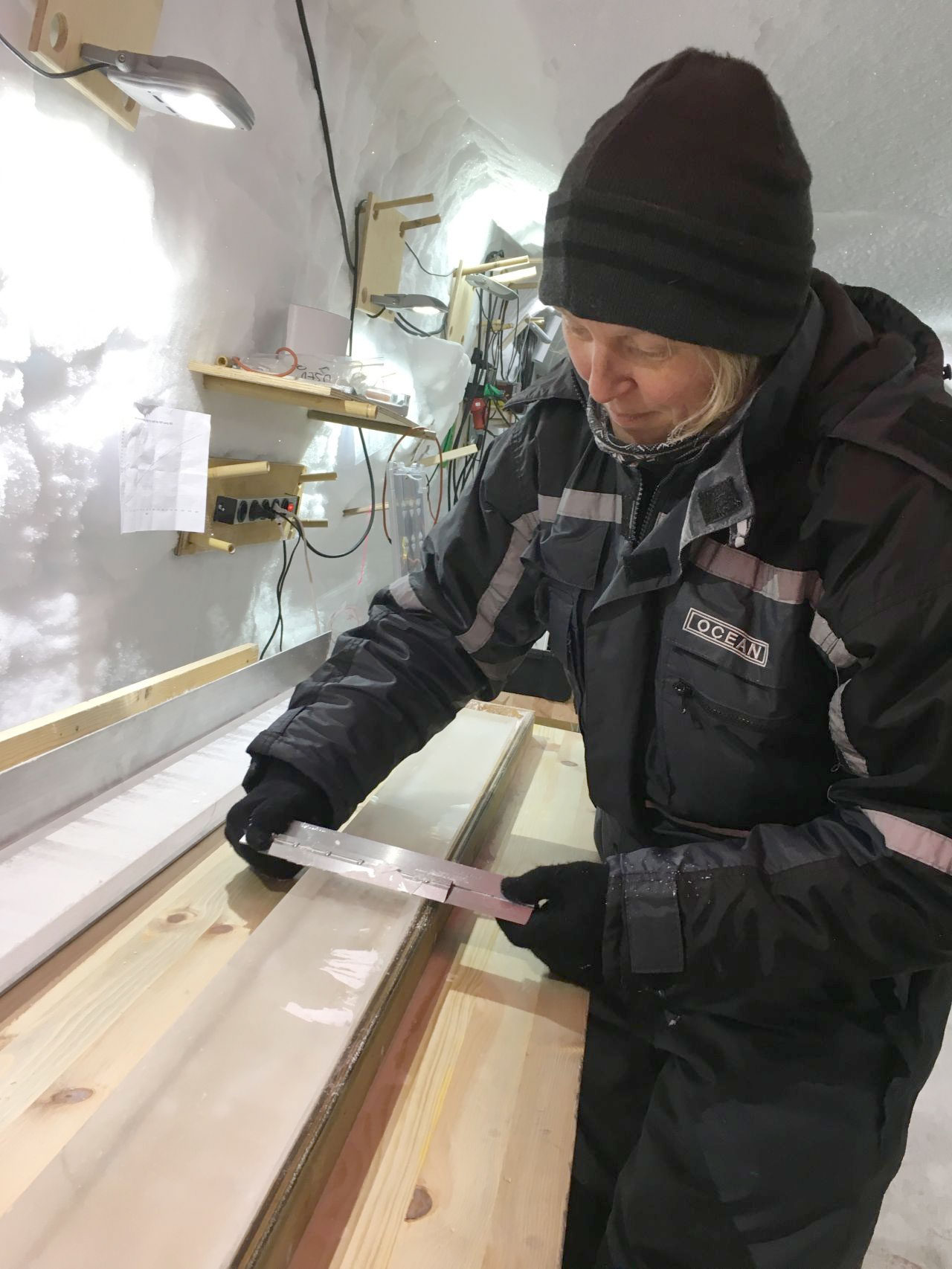New international climate project in the North Atlantic
University of Copenhagen will lead a new international research project to improve knowledge of melting glaciers and ice sheet in the North Atlantic, its impact on global climate and ecosystems, and to support local stakeholders in managing hydrology and ecosystem risks in a warming climate.
ICELINK – Linking observations and models to improve knowledge of the melting North Atlantic land ice.
Record high temperatures drive significant melting of glaciers and ice sheets in the North Atlantic region. This ice loss, leading to increased freshwater into the North Atlantic, risks destabilising ocean circulation and weather patterns, with severe consequences, affecting Europe and beyond.
In this context, the EU-funded ICELINK project will bridge gaps between climate models, ice flow models and Earth observation satellite-based data. Specifically, ICELINK will use Icelandic glaciers as a laboratory to study the impact of rising global temperatures on the Greenland Ice Sheet.
This knowledge will enhance climate models and support critical initiatives and programmes like the Intergovernmental Panel on Climate Change, Copernicus and Destination Earth. ICELINK will also work with local communities to strengthen adaptation strategies, helping them to mitigate risks and build resilience.
ICELINK will gather universities, meteorological institutes and research institutions from Denmark, Greenland, Austria, Belgium, Germany, Iceland, and Spain.
The project is a great example of the importance of forming international research projects to tackle interdisciplinary challenges, like changing glaciers and their interaction with climate change.
University of Copenhagen will lead by Professor Christine Hvidberg, at the Niels Bohr Institute, University of Copenhagen.

“Direct observations from the Ice sheets and glaciers in the North Atlantic are sparse and expensive in these remote areas, but they are still crucial for understanding how glaciers respond to climate change and increasing temperatures”, she explains, “and already in 2025, we will have our first joint field campaigns in ICELINK”.
The data collected in these campaigns will be used to develop new data-based models during the next four years.
“We have a unique capability in ICELINK to make progress with our team spanning from field glaciologists, ice core scientists, satellite-based researchers, to climate modellers”.
Contact
Christine Schøtt Hvidberg, Professor
E-mail: ch@nbi.ku.dk
Phone: +45 3532 0563
